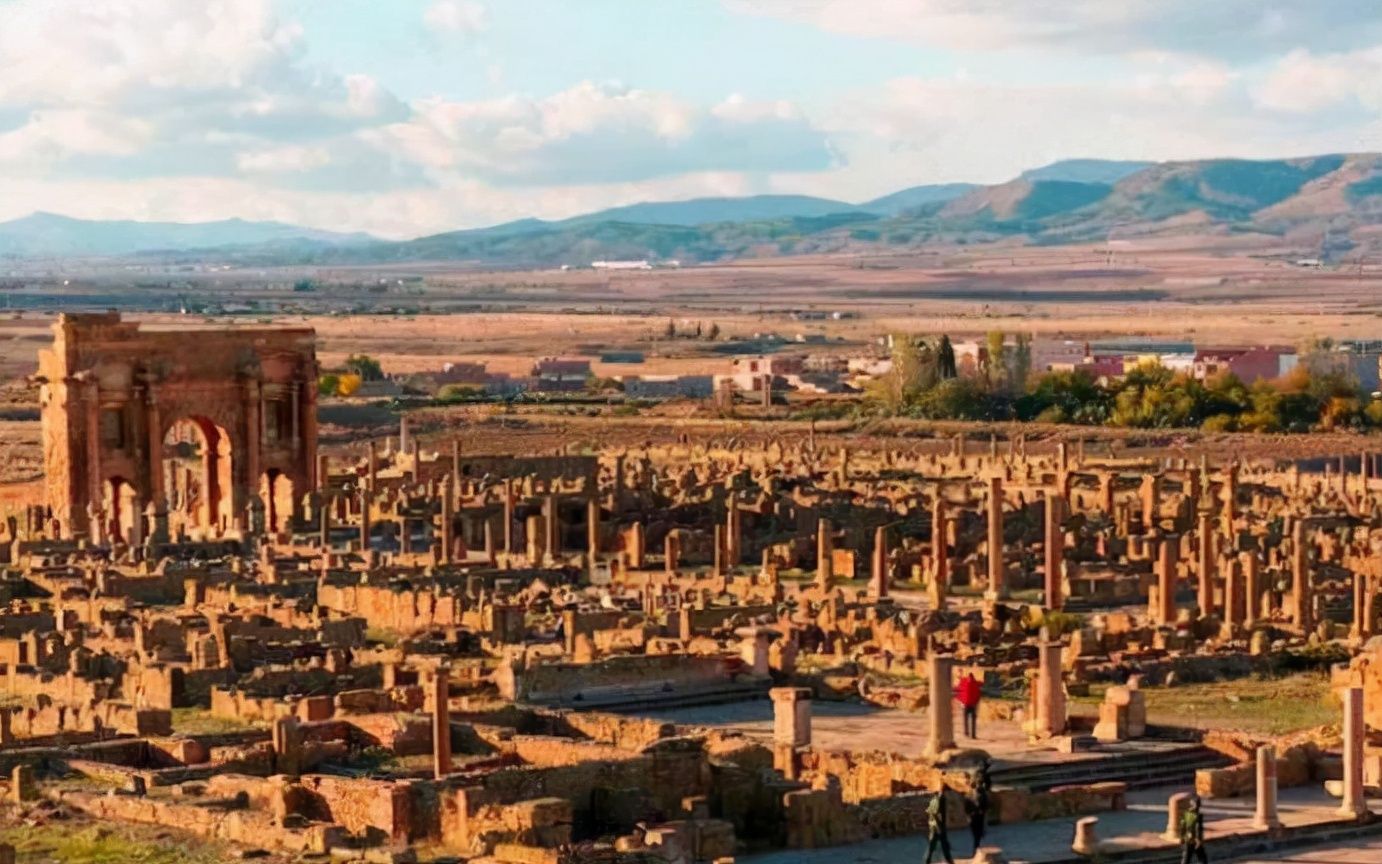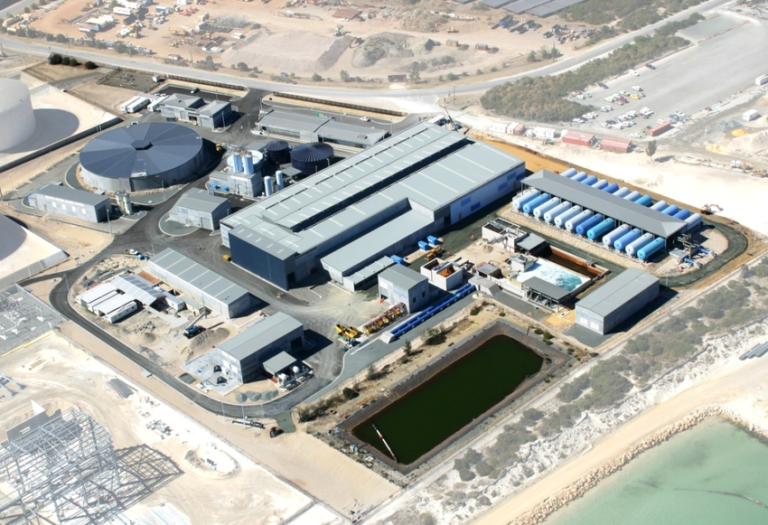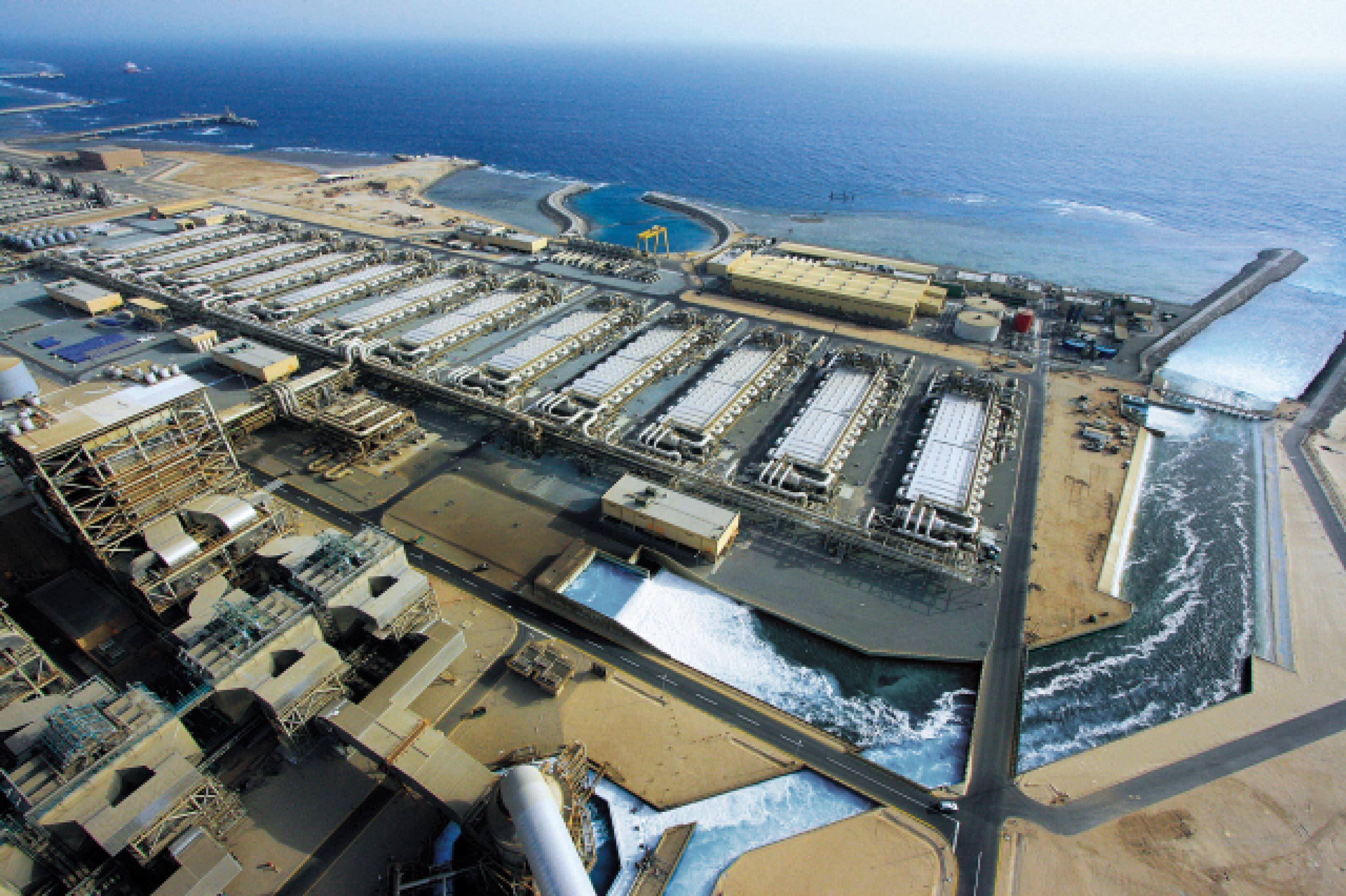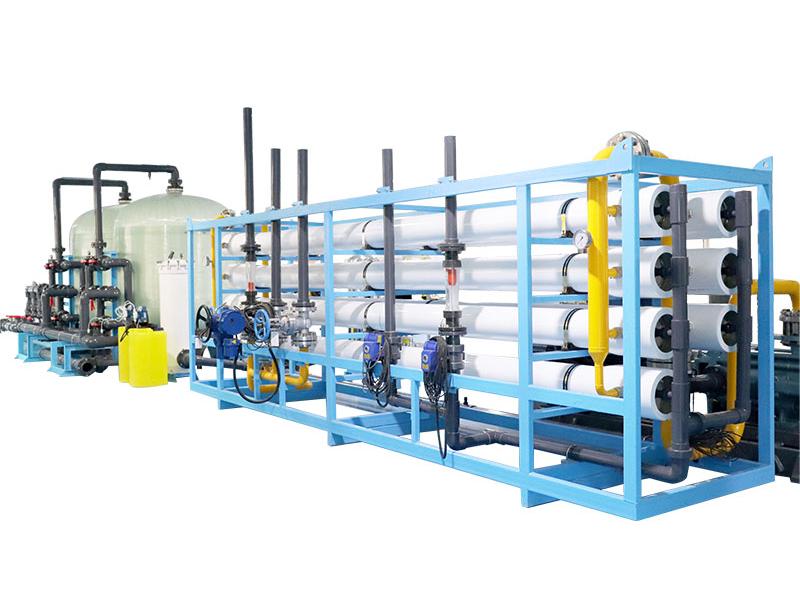What are the seawater reverse osmosis desalination projects in Algeria?
In recent years, Algeria has actively adopted seawater reverse osmosis desalination technology to promote the implementation of multiple important projects in the face of increasingly severe freshwater resource shortages. These projects not only provide reliable freshwater resources, but also promote the sustainable utilization of water resources in Algeria under the guidance of technology. This article will delve into Algeria's seawater reverse osmosis desalination project, revealing its outstanding contributions in improving freshwater supply and promoting sustainable development.
1. Urgent demand for improving freshwater supply
Algeria is located in North Africa, with most areas experiencing a desert climate and severe water scarcity. Due to climate change and unreasonable water resource utilization, freshwater supply has become an urgent demand faced by Algeria. To address this issue, the government actively introduces seawater reverse osmosis desalination systems to convert seawater into fresh water that can be used for irrigation and residential use.

2. Technology led seawater reverse osmosis desalination system
Algeria's seawater reverse osmosis desalination system fully utilizes advanced reverse osmosis technology and effectively removes salt and impurities from seawater through an efficient membrane filtration system, obtaining high-quality freshwater resources. The introduction of this technology not only increases the production of freshwater, but also ensures that the water quality meets national and international standards, providing a practical and feasible solution for Algeria to solve its freshwater shortage problem.
3. Hassi Messaoud Béchar Seawater Desalination Plant
The Hassi Messaoud Béchar Seawater Desalination Plant located in northwestern Algeria is one of the largest desalination projects in the country. This project utilizes the abundant seawater resources of the Mediterranean and can produce hundreds of thousands of cubic meters of high-quality freshwater annually through reverse osmosis technology. This technology led seawater desalination plant not only provides reliable freshwater resources for the surrounding areas, but also provides important support for local agricultural irrigation and urban residents' domestic water use.

4. Freshwater projects in eastern Algeria
In addition to the Hassi Messaoud Béchar project, multiple freshwater projects have also been promoted in eastern Algeria. These projects cover different scales and fields, including urban water supply, agricultural irrigation, etc. The advanced technology of seawater reverse osmosis desalination system has been widely applied, ensuring the water quality safety and reliability of various projects, and providing strong support for freshwater needs in different fields.
5. Important measures to enhance the sustainable utilization of water resources
Algeria's seawater reverse osmosis desalination project is seen as an important measure to enhance the sustainable utilization of water resources. Through technological leadership, these projects have effectively addressed the problem of water scarcity and laid the foundation for Algeria's future sustainable development. At the same time, this also provides useful experience for other water scarce countries, indicating that with the promotion of technology, seawater reverse osmosis desalination systems are a feasible way to solve the problem of freshwater shortage.

6. Social benefits and sustainability considerations
In addition to solving the problem of freshwater shortage, Algeria's seawater reverse osmosis desalination project has also brought significant social benefits. Residents and farmers have access to more stable and reliable water sources, enabling cities to better meet their domestic water needs, and agriculture to achieve better yields under the guarantee of water resources.

epilogue
Algeria's seawater reverse osmosis desalination project has attracted attention for its technological leadership, social benefits, and sustainability considerations. These projects provide feasible technical approaches to solve the problem of freshwater scarcity, while also providing valuable experience for other water scarce countries. By continuously promoting the application of reverse osmosis technology, Algeria has set an example for building a clean and sustainable water resource management system.






